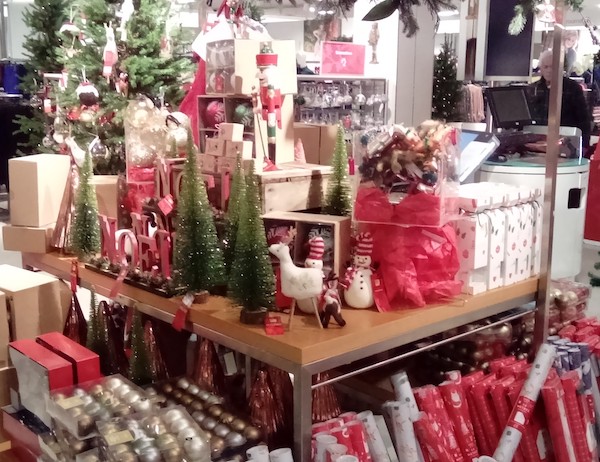
My six of the best strange but true green stories in 2021
With the end of 2021 a few days away now is a good time to look back at this year’s amazing but true green stories.
Ron Fox, of Noreus Ltd on the University of Keele Science Innovation Park, picks his six favourite environmental tales.
1. Belching cows are believed to account for more than 10 per cent of global greenhouse gases. But scientists at the University of California have found that by adding a little red seaweed to their cattle feed, methane emissions fell by 70 per cent. The meat they produced was judged to be as before and there was no difference in the animals’ growth.
2. A rubbish flight will have a new meaning for air passengers next year. British Airways has announced that household and commercial waste will be used to create ‘green’ jet fuel, potentially cutting green gas emissions by 70 per cent. It will be introduced at the end of 2022, as part of a move by the airline to reach net-zero carbon emissions by 2050.
3. A shrub has been identified as the ideal hedge for soaking up traffic pollution. The Cotoneaster franchetii, with its white and pink flowers, removes almost a third more toxic particles from the air than other shrubs, according to research by the Royal Horticultural Society (RHS). A metre hedge of this shrub can soak up the fumes from the equivalent of a 500-mile car trip as particles become trapped in the tiny hairs and ridges on its small ovoid leaves.
4. A very hungry plastic-eating caterpillar has excited scientists at Brandon University in Canada. They found that 60 larvae of the Greater Wax Moth can eat 30 square centimetres of polyethylene in a week. It is believed that the caterpillars, or possibly the bacteria in their gut, could be harnessed to break down in days what would otherwise take centuries.
5. The UK will become much more self-sufficient in growing tomatoes, cucumbers and peppers in a scheme to use heat from sewage farms and pipe it into giant greenhouses. Low Carbon Farming has identified 43 glass buildings, each larger than the Millennium Dome and all located by sewage farms across the country. At present Britain imports more than 80 per of its tomatoes, 75 per cent of cucumbers and 90 per cent of peppers from countries with water shortages. The proposed £2.67 billion investment would create 8,000 jobs and make the UK self-sufficient in these fruit and veg for most of the year by 2026.
6. Mussels could be used to clean the world’s oceans of microplastics. Scientists at the Plymouth Marine Laboratory in Devon have discovered that a cluster of 300 mussels, weighing 5kg, could filter out 250,000 microplastic particles an hour from reaching the world’s oceans. Mussels eat the plastic particles and then excrete them in pellets which are heavier than water, sink and are then collected.
“If you want any green energy advice, contact me on 01782 756995 – but in the meantime have a green and happy New Year,” said Ron.
Caption: The top shrub for soaking up traffic pollution – the Cotoneaster franchetii.




